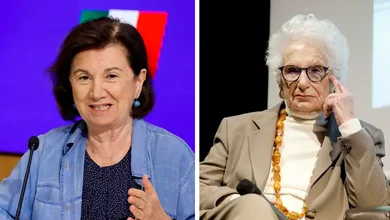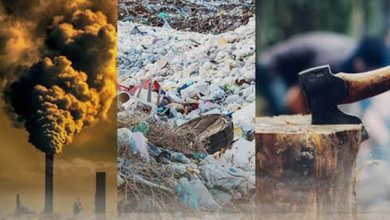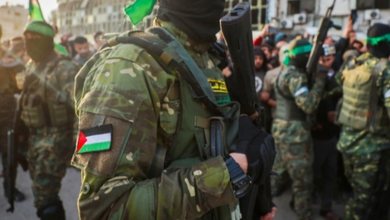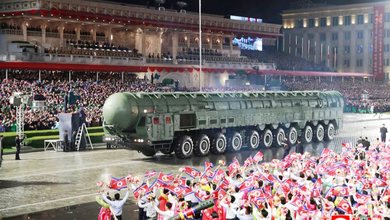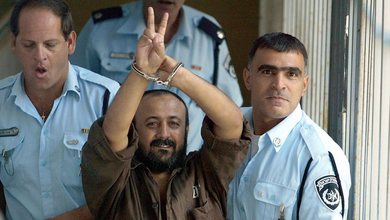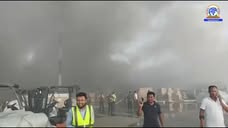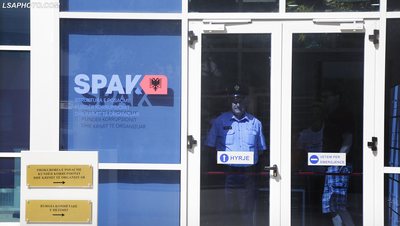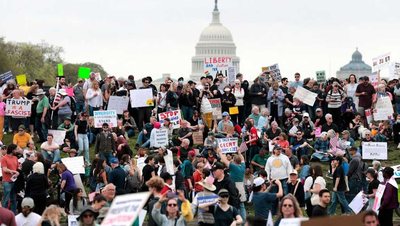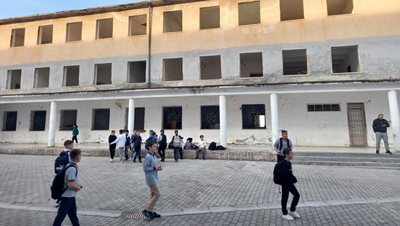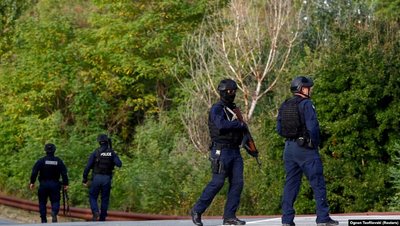
The war in Gaza is over and the Middle East is moving toward "normalization," US President Donald Trump said Sunday as he traveled to Israel, which was waiting for Hamas to release Israeli hostages as world leaders gathered to discuss the next steps toward peace.
"The war is over, you understand that," Trump told reporters aboard Air Force One as he departed Washington for Israel.
A ceasefire between Israel and Hamas in Gaza was in effect for a third day on Sunday, ahead of the expected release of Israeli hostages and Palestinian prisoners, as well as a planned speech by Trump to the Israeli parliament.
Thousands of Palestinians continued to travel north to Gaza City, which has been at the center of Israeli attacks over the past two months, in the hope that the ceasefire would bring an end to the war.
"Tomorrow is the beginning of a new path. A path of construction, a path of healing and hopefully – a path of uniting hearts," Israeli Prime Minister Benjamin Netanyahu said in a televised statement.
“There is a lot of joy among the people,” said Abdou Abu Seada, a Gaza resident, who added that the joy was mixed with fatigue after two years of war that has devastated much of Gaza.
Israeli government spokeswoman Shosh Bedrosian said Israel expected the hostages to begin being released early Monday morning, with the 20 living hostages to be released together.
If the hostages were released earlier, Israel was ready to receive them, she said. Their release will be followed later by the handover of the bodies of the other 28 hostages who died.
Under the ceasefire agreement, Hamas must release the remaining hostages by noon on Monday (0900 GMT). They were captured on October 7, 2023, when the group's militants launched the surprise attack on Israel that sparked the war.
Israel's hostage coordinator, Gal Hirsch, said Thursday that a task force would be established to help find the bodies of any dead hostages that Hamas could not locate.
Trump is expected to arrive in Israel on Monday to address the parliament, the Knesset, before traveling to Sharm El Sheikh in Egypt for a summit of world leaders on ending the war in Gaza.
Palestinian Authority President Mahmoud Abbas will also attend the summit, an Axios reporter reported on Sunday, citing a senior Palestinian official.
Trump envoy Steve Witkoff and Jared Kushner addressed a rally in Tel Aviv on Saturday that many Israelis hoped would be the last to call for the release of the hostages and an end to the war.
The US, along with Egypt, Qatar and Turkey, brokered what has been described as a first-phase agreement between Israel and Hamas for a ceasefire and the release of hostages by Hamas and prisoners by Israel.
"For two years we have waited for this day, this moment... We are all happy for the families, for the hostages, that finally... we will see them," said protester Dalia Yosef, thanking Trump.
The Israel Prison Service said it had transferred some Palestinian prisoners to other facilities ahead of their expected release. The Israeli Justice Ministry has published the names of 250 Palestinians convicted of murder and other serious crimes who will be released under the deal.
The list does not include senior Hamas commanders, whom the Islamist militant group had demanded be released, nor well-known figures from other factions such as Marwan Al Barghouti or Ahmed Saadat.
Although this is not expected to hinder the deal, Hamas's prisoner information office said talks with Israeli mediators are continuing on the list of prisoners to be released.
Israel will also release 1,700 Palestinians who have been detained in Gaza since October 7, 2023, and 22 Palestinian minors, along with the bodies of 360 militants. Israeli government spokeswoman Bedrosian said the prisoners would be released once the live hostages reach Israeli territory.
Israeli Defense Minister Israel Katz said that once the hostages are returned, the army will destroy underground tunnels built by Hamas in Gaza.
Palestinians returning to northern Gaza have described widespread destruction. Rescue workers warn that unexploded explosives and bombs may still be in the area.
Amjad Al Shawa, who heads a Palestinian organization that coordinates with aid groups, estimated that 300,000 tents are needed to temporarily house 1.5 million displaced Gazans.
"We couldn't believe the destruction we saw," Rami Mohammad-Ali, 37, said in a phone call after walking 15km with his son from Deir Al Balah to Gaza City.
"We are happy to be back in Gaza (city), but at the same time we have bitter feelings because of the destruction," he said, describing horrific scenes, including human remains along the streets. /Reuters



